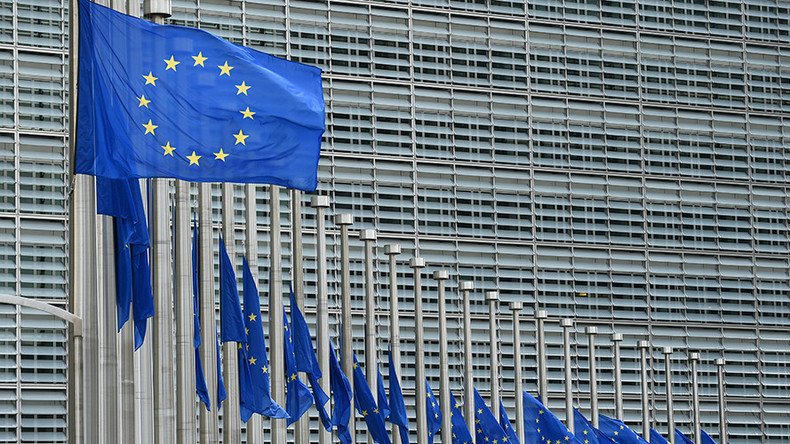EU wants universal corporate tax rules

In the wake of a series of high profile tax scandals, Brussels has proposed to relaunch one of its oldest and the most ambitious reforms which could boost the EU economy and tackle aggressive tax avoidance schemes.
The common consolidated corporate tax base (CCCTB), which would standardize the way big businesses are taxed in the European Union, was unveiled by Pierre Moscovici, the European Economic Commissioner in Strasbourg on Tuesday.
“We are proposing a system which can simultaneously support business, attract investors, promote growth and stop large-scale tax avoidance,” Moscovici said.
The plan had been debated for more than a decade but never received sufficient support from the member states.
To push the initiative through the EU legislative system, the Commission developed a two phase approach. At first, the regulator plans to introduce a set of universal rules aiming to reduce costs for businesses that operate across borders.
Once the common legal base is approved, the European Commission will bring in the most controversial step of consolidation. Corporate tax revenues would be collected by one tax authority and then redistributed across the EU according to where the companies’ real economic activity takes place. Each country would tax their share of the profits at their own national rate.
Every Viennese café & ‘sausage stands’ pay more tax than Amazon, Starbucks & other intl giants – Austrian chancellor https://t.co/W6YGO2GKM5
— RT (@RT_com) September 4, 2016
The revised draft suggests the shared profits would be based on labor, assets and sales, rather than GDP or size of the country. This corresponds with the EU and OECD’s broader objective of linking taxation to the country where the actual business activity takes place.
READ MORE: Apple tax penalty only the beginning for US firms, warns EU competition watchdog
The new system would be mandatory for corporations with annual revenues of more than €750 million ($814 million). Companies will get an opportunity to work out their taxable profits using a single set of rules, rather than tax regulations of a specific state.
“We are proposing a system which can simultaneously support business, attract investors, promote growth and stop large-scale tax avoidance,” said the commissioner, urging the member states to deliver a fairer, more competitive, more growth-friendly corporate tax system that the EU needs.













